
IFS researchers presented what we know about which groups of people are most likely to have low savings and how long this tends to last.
Downloads
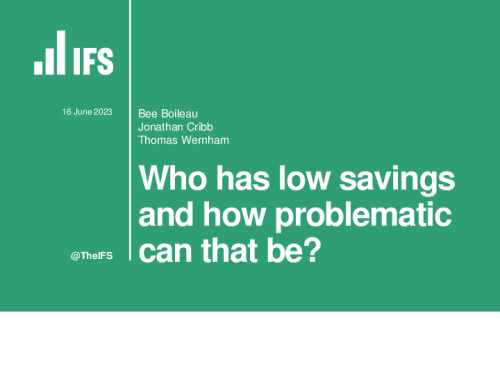
Download Bee Boileau's slides
PDF | 306.17 KB
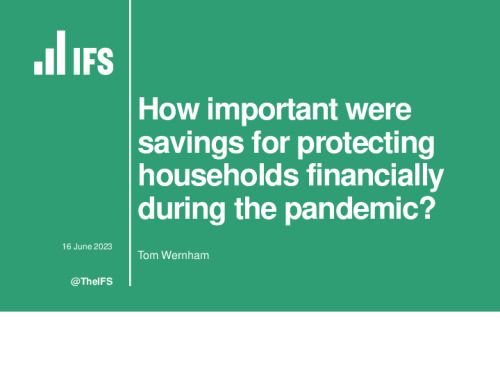
Download Tom Wernham's slides
PDF | 157.74 KB
Large numbers of households in the UK have very little in the way of savings they can easily access when they need it, despite being an object of policy concern for the government for a number of years. This was brought into particularly sharp relief by the COVID-19 pandemic, when many experienced unexpected big falls in income. With recent sharp rises in the cost of living, it will be increasingly important to understand which groups have low savings and why.
At this event we presented the findings of a new report, funded by the IFS Retirement Savings Consortium and the ESRC, looking at the characteristics of those who have low levels of financial wealth. IFS researchers presented what we know about which groups of people are most likely to have low savings and how long this tends to last. They also used data from the COVID-19 pandemic to show the extent to which a small amount of money saved can help during difficult times. After an IFS presentation of the main findings, Rob Yuille from the Association of British Insurers shared his thoughts on the research.
Authors

Research Economist
Bee joined the IFS in 2021 as a Research Economist and works in the Retirement, Saving and Ageing sector.

Research Economist
Tom is a Research Economist in the Income, Work and Welfare sector, having joined the IFS in 2020.
Presentation details
- DOI
- 10.1920/ps.ifs.2023.0010
- Publisher
- Institute for Fiscal Studies
Suggested citation
Boileau, B and Wernham, T. (2023). 'Who has low savings and how problematic can that be?' [Presentation]. Online: Institute for Fiscal Studies. Available at: https://ifs.org.uk/publications/who-has-low-savings-and-how-problematic-can-be (accessed: 30 June 2024).
More from IFS
Understand this issue
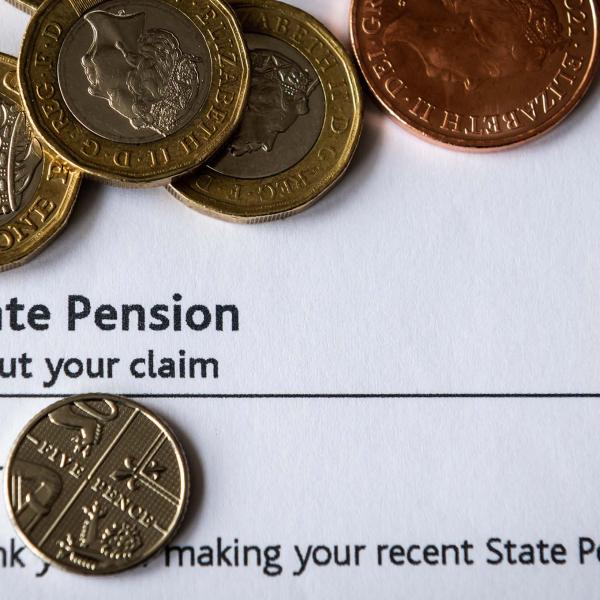
The future of the state pension
21 December 2023

How to grow the economy
24 May 2024

The economic stories that will shape 2024
5 January 2024
Policy analysis

How do the last five years measure up on levelling up?
19 June 2024
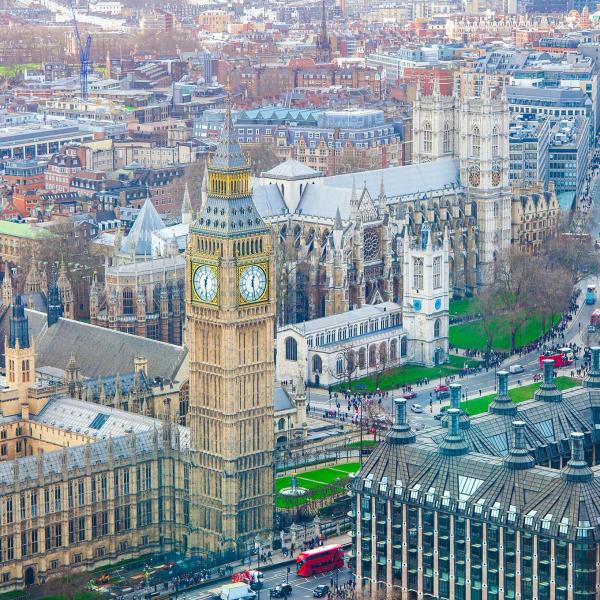
How have the size and shape of the UK state changed?
9 June 2024
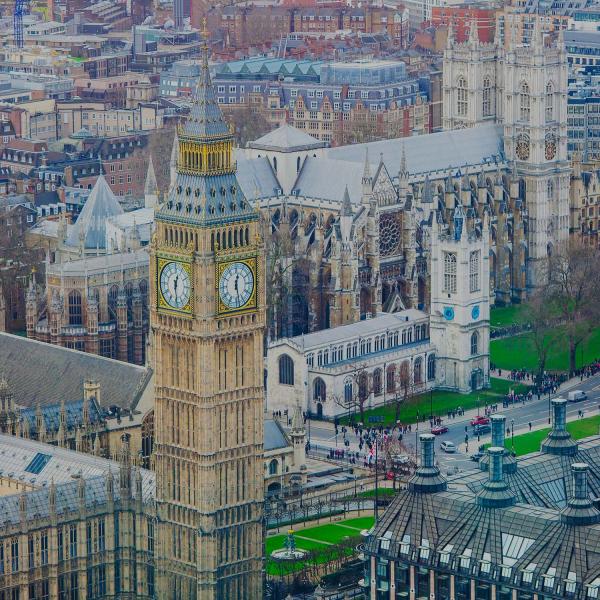
Size of the state has grown over this parliament and is likely to remain permanently bigger than pre-pandemic
9 June 2024
Academic research

The intergenerational elasticity of earnings: Exploring the mechanisms
3 June 2024
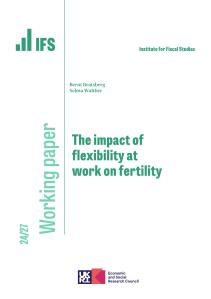
The impact of flexibility at work on fertility
11 June 2024
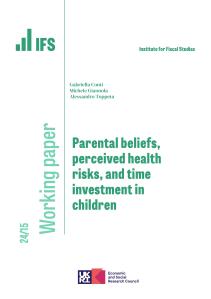
Parental beliefs, perceived health risks, and time investment in children
15 April 2024